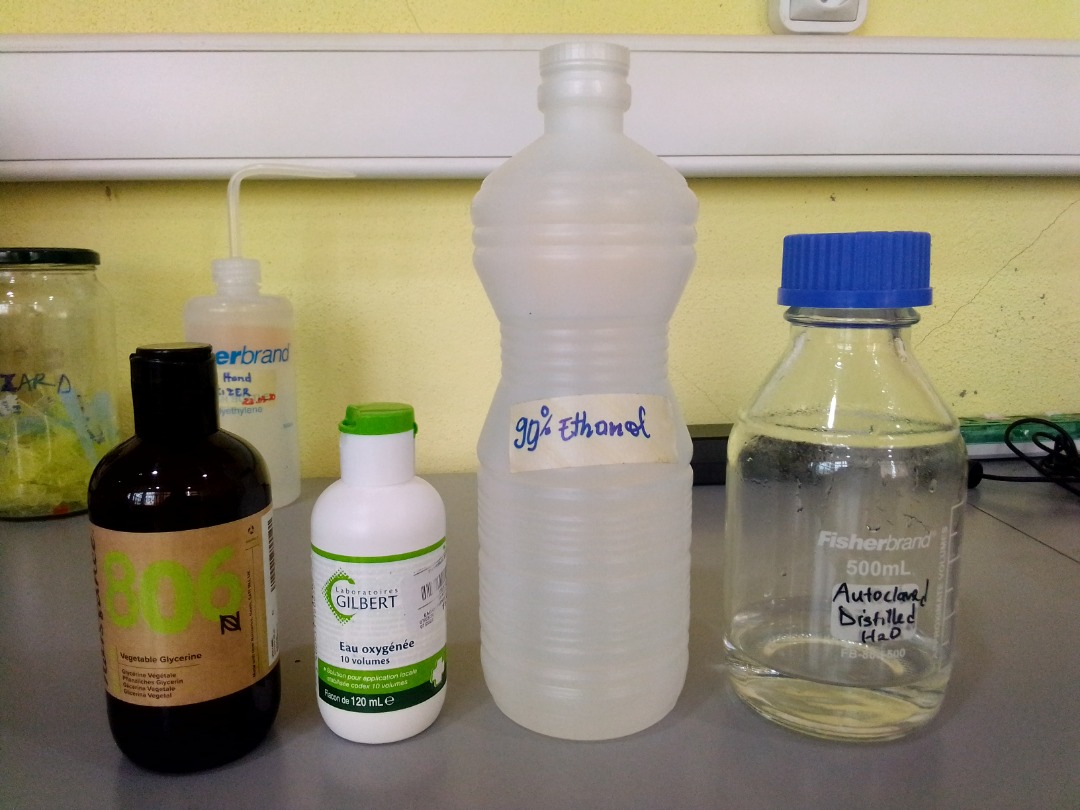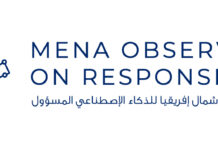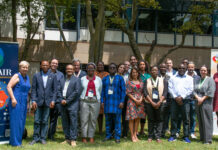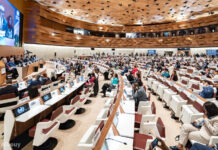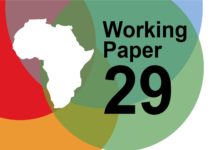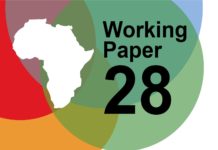By: Mowoh Nadine, Stéphane Fadanka, Thomas Mboa Nkoudou
Background
Cameroon is not untouched by the COVID-19 pandemic that is currently affecting the world. The Government has taken a number of actions for prevention, diagnosis, and treatment of the virus. On the other hand, the state does not have sufficient means to engage in mass testing of the population. Furthermore, the socio-economic realities of the country make it impossible to respect the proposed lockdown measures. In impoverished areas, space is already under strain (crowded / semi-urban zones) and thus social distancing and enhanced hygiene measures to slow the spread of COVID-19 have been difficult to implement.
In order to successfully combat this pandemic, research must be accelerated in a collaborative and coordinated manner, by sharing knowledge and data in resource-constrained areas. At Mboalab, it is our view that all new health tools for life-threatening diseases, including COVID-19, must be developed as global / local public goods available to all those in need. That is why we have targeted two challenging aspects of the pandemic: prevention and diagnosis.
Do it Yourself Personal Protective Equipment (PPE)


With the coronavirus scare, masses of people are running to local stores to stock up on hand sanitizer. This has caused the cost of sanitizer to skyrocket and many local stores have run out. The Mboalab team has been able to gather information on how individuals use their own initiatives to produce Personal Protective Equipment (PPE). It is to this effect that we decided to screen and evaluate simple, open source protocols for do it yourself (DIY) alcohol-based hand sanitizer (following the FDA recommendations) and prototyped medical visors, face masks, and automatic hand sanitizer dispensers to help limit the spread of the virus. The intention is to make these pieces of equipment available for personal use to the average person as well as healthcare workers in the neighborhood of Mbankomo; a community where social distancing and enhanced hygiene measures are difficult if not impossible to implement. In many developing countries, poor people live on a daily wage and are often faced with the decision to either starve or face the risk of getting COVID-19 on a daily basis; they simply cannot afford to stay home. Having access to affordable PPE makes a significant difference in these people’s lives.

Joining the Global Mobilisation for an Open Diagnostic
Since the spread of the COVID-19 pandemic, important advances have been made in terms of diagnosis and prevention at the global level. Unfortunately, the progress has been modest when compared to the vast losses and ever-increasing impact on a personal level for people across the globe.
A good number of diagnostic methods and tests have been designed, used, and widely distributed in developed countries. These methods are sensitive and specific enough to be able to detect the presence of COVID-19 in biological samples and discriminate between infected and healthy persons. However, the majority of these tests use advanced techniques and require sophisticated equipment, reagents, and trained operators. This has been hampering their implementation in developing countries, especially in non-urban zones. Furthermore, the currently high global demand puts them in short supply. Thus, countries around the world are facing shortages of reagents and lacking the capacity to perform the number of tests required to screen and test their populations. The complexity and expense of these novel tests have created a need for alternative testing strategies at more localized levels.

As part of Mboalab’s contribution to the global mobilisation of the scientific community in response to COVID-19, we are collaborating in the Do-It-Together SARS CoV-2 Detective project. With partners in the United States, Switzerland, France, Spain and Chile, this project is developing and testing an open-source based molecular method for the diagnosis of COVID-19. As part of the OpenCovid19 initiative – on the Just One Giant Lab (JOGL) platform – the project aims to design a safe, simple, specific, low-cost, ready and easy to use (even in resource-constrained settings), diagnostic test, as well as kits to detect the COVID-19 virus. Once developed, the tests and kits will be made available to healthcare centers and the general public for self-testing at home.
As the pandemic continues to unfold and our emergency response expands, our collective toolkit must include new solutions that have been designed to meet the magnitude of this moment. Developing countries are not merely the recipients of these discoveries, countries like Cameroon are leading the way in making affordable, reliable, tools in the fight against COVID-19. These range from frugal innovations such as DIY ventilators, to innovative treatments, to less resource intensive testing methods. The fight against COVID-19 is a global effort that requires global collaborations.

